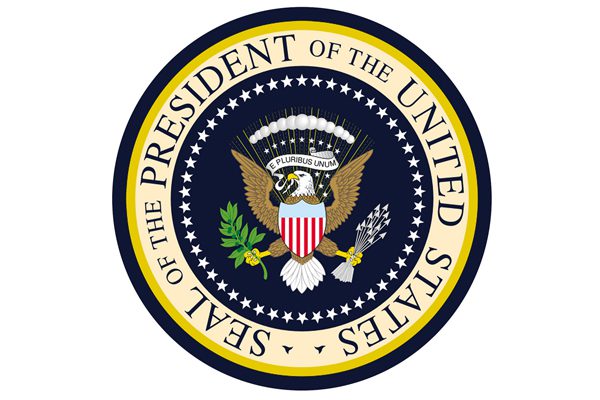New Stevens Research Explores Impact of Paid Family Leave

Often “derided as costly giveaways,” the Stevens Institute of Technology looked deeper into the economic benefits of paid family leave policies, finding a fairly surprising positive effect across the board.
Stevens Associate Industry Professor Dr. Joelle Saad-Lessler and economist Kate Bahn surveyed paid family leave policies in California by looking at SIPP data from 2001, 2004, and 2008, which “gathers information on people who provide regular unpaid care or assistance to a family member or friend who has a long-term illness or a disability.” At 6 weeks of partially paid leave, California remains only one of two states, along with New Jersey, to adopt and implement such a program.
Dr. Saad-Lessler explains that that the only federal policy on the books regarding leave—signed by President Clinton in 1993—stipulates that employees are entitled to 12 weeks’ unpaid leave. But there’s a vocal consensus about the need for access to paid leave, particularly with an increased aging population. “Access to paid leave is a crucial part of the ability to care for one’s own family beyond the immediate need to take time off with a new child,” they say.
Saad-Lessler and Bahn’s research, which was funded by the Center for American Progress, explored how young women’s wages were affected when new mothers and caregivers took leave. The researchers found that labor force participation increased 8 percent in the short term and 14 percent in the long run. While there was a decline in full-time work, as workers took advantage of being able to transition to part-time roles without losing access to paid leave, the notion of a mass workforce exodus “would be a crushing economic blow.”
Dr. Saad-Lessler concludes, “We have hit a threshold where families cannot manage their careers and their caregiving responsibilities without adequate work-life policy, including paid family and medical leave. As our results show, when families do have access, they are able to increase their labor force participation.”
Five Cambridge MBA Teams Advance to Regional Finals of Hult Prize

Five Cambridge Judge Business School MBA teams have emerged from more than 20,000 applications to continue in pursuit of a $1 million development challenge.
The annual Hult Prize Challenge is the world’s largest student competition and a start-up platform for social good. In partnership with former President Bill Clinton and the Clinton Global Initiative, the crowdsourcing platform identifies and launches catalytic social ventures that aim to solve the planet’s most pressing challenges. Student teams compete in five cities around the world for the chance to secure $1 million in start-up funding to launch a sustainable social venture.
Continue reading…
McDonough Professors Design Curriculum For Presidential Leadership Scholars

Two Georgetown McDonough professors, Paul Almeida and Michael O’Leary, will collaborate with four presidential centers to design the curriculum for the Presidential Leadership Scholars program. This leadership development program that was announced by President Bill Clinton and President George W. Bush at the Newseum earlier this month Continue reading…
